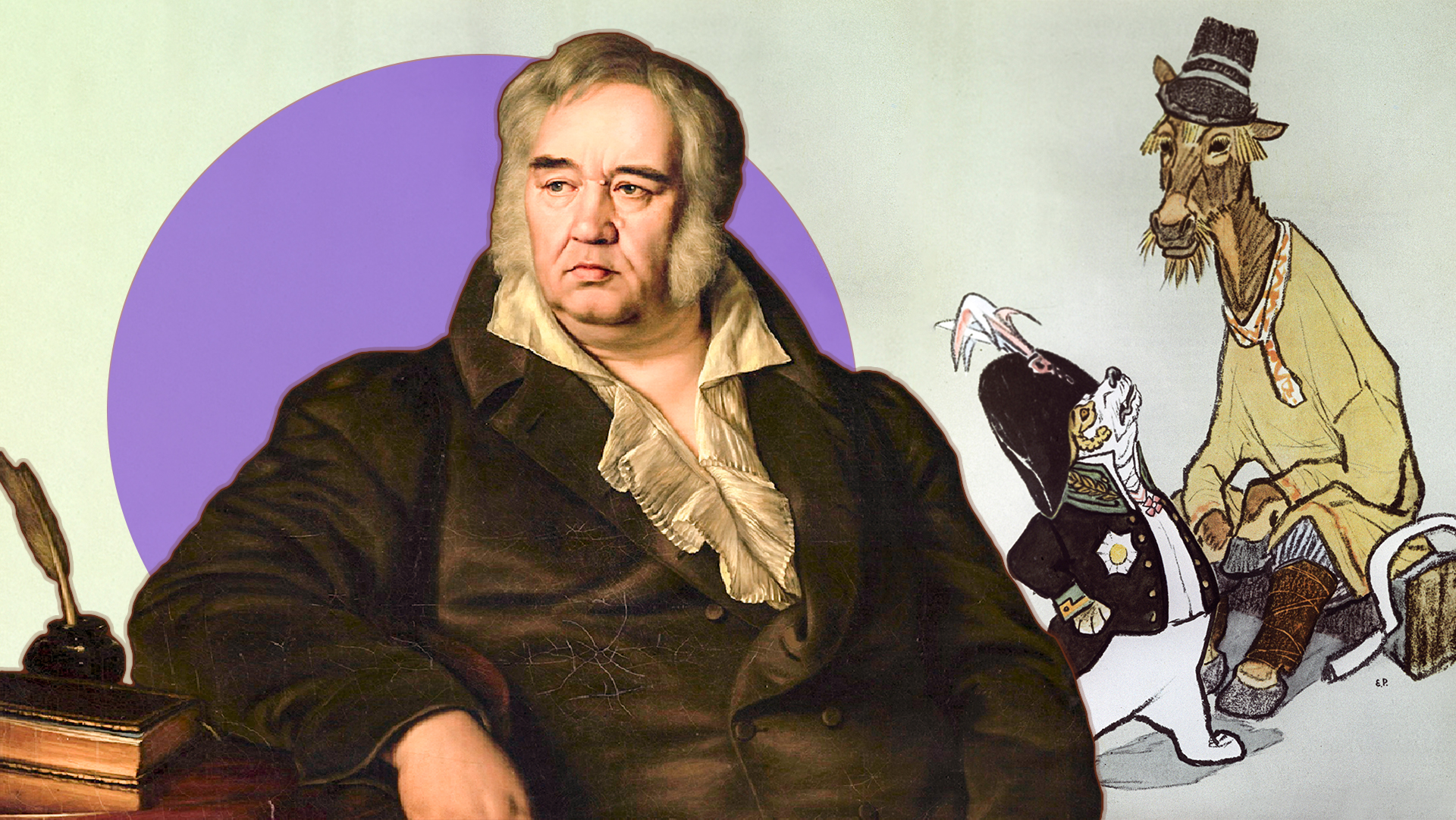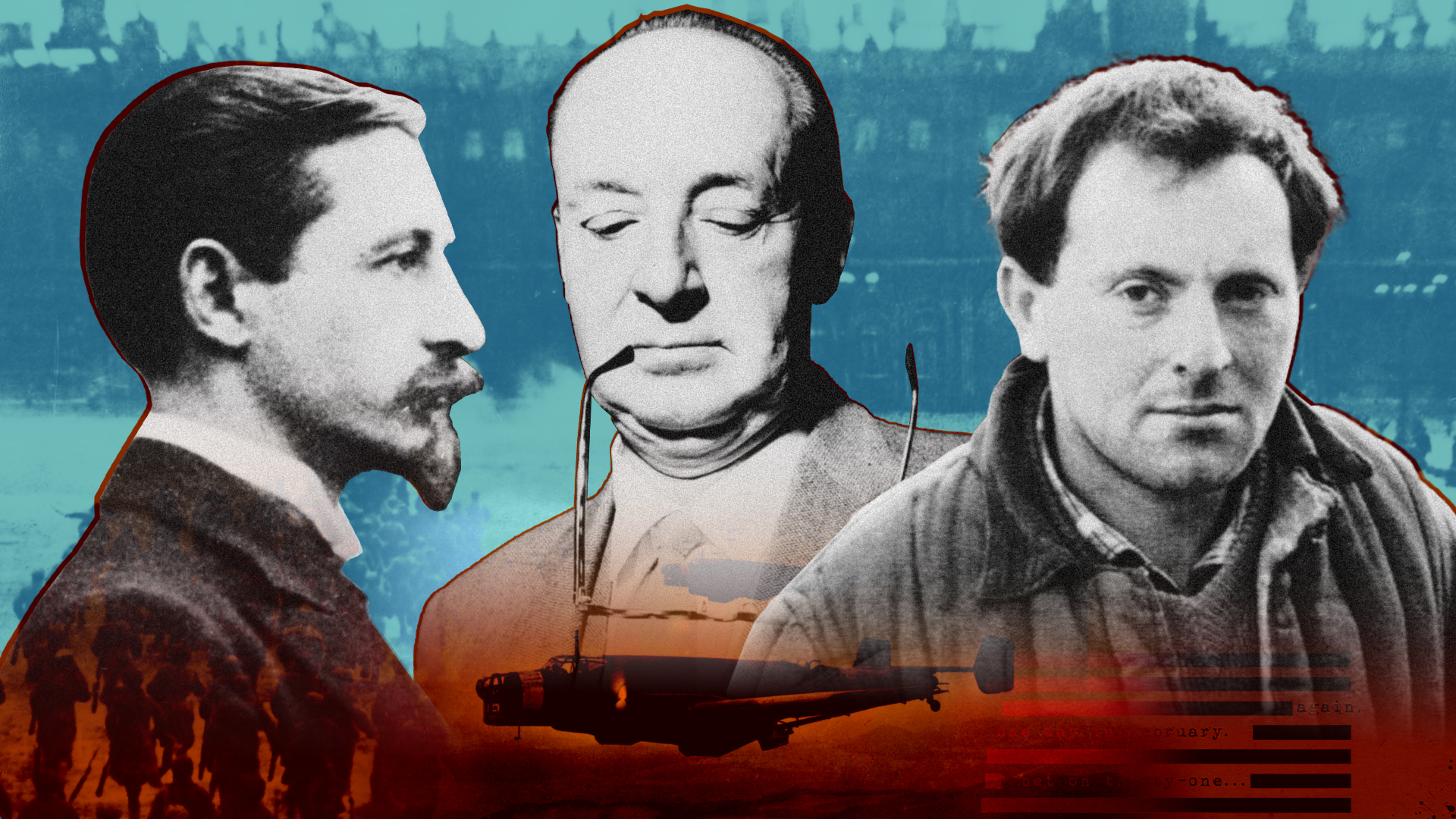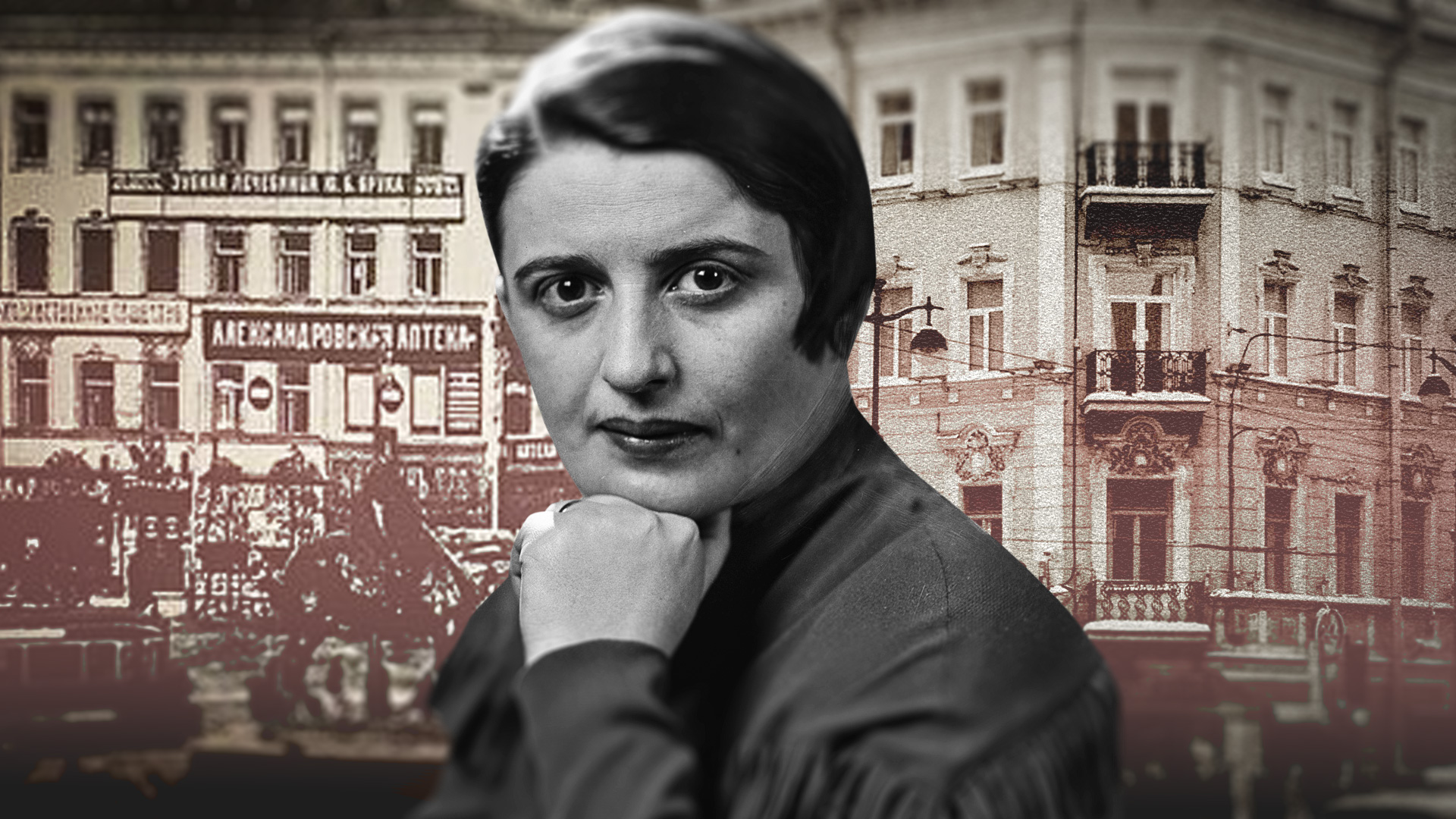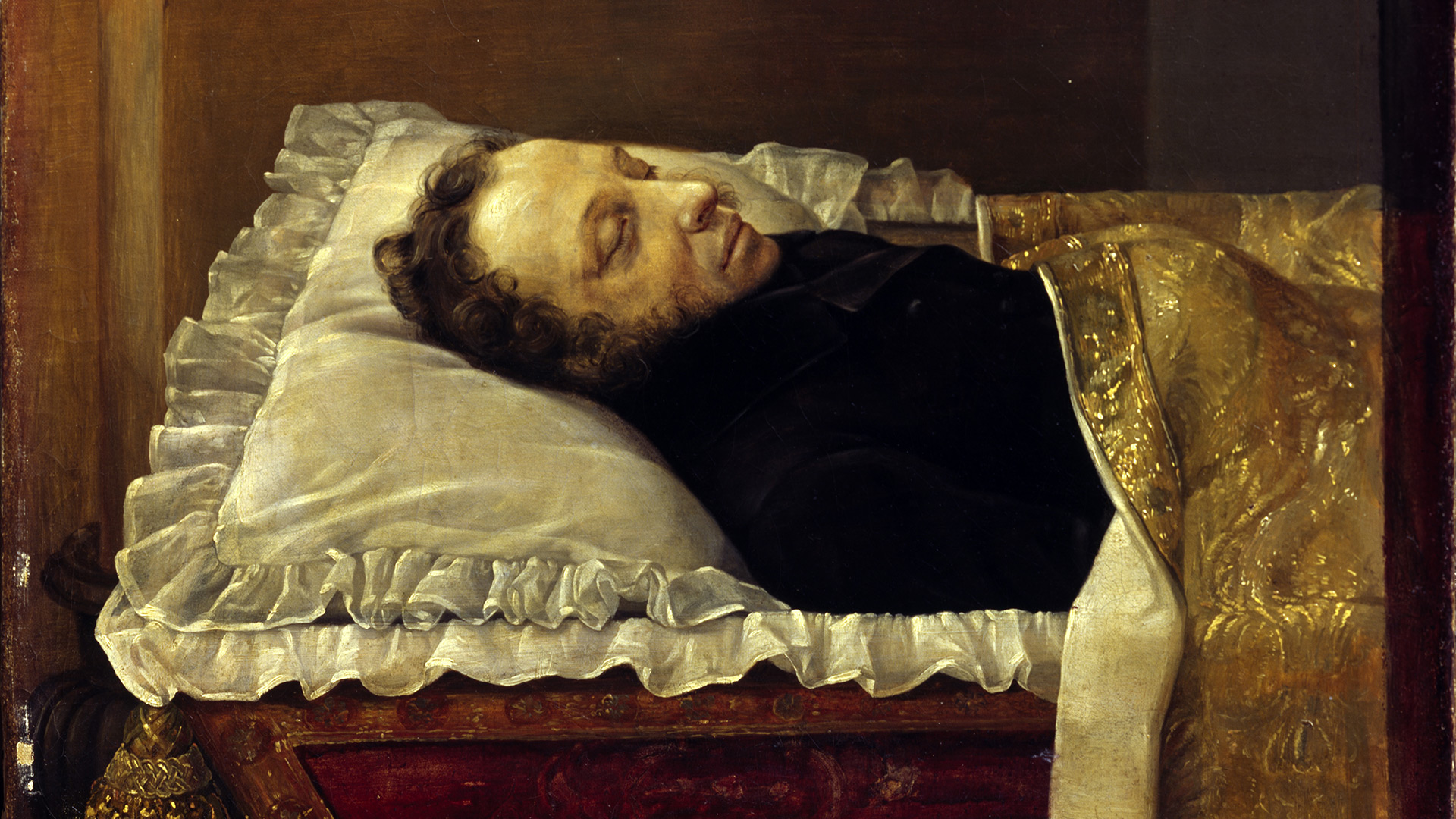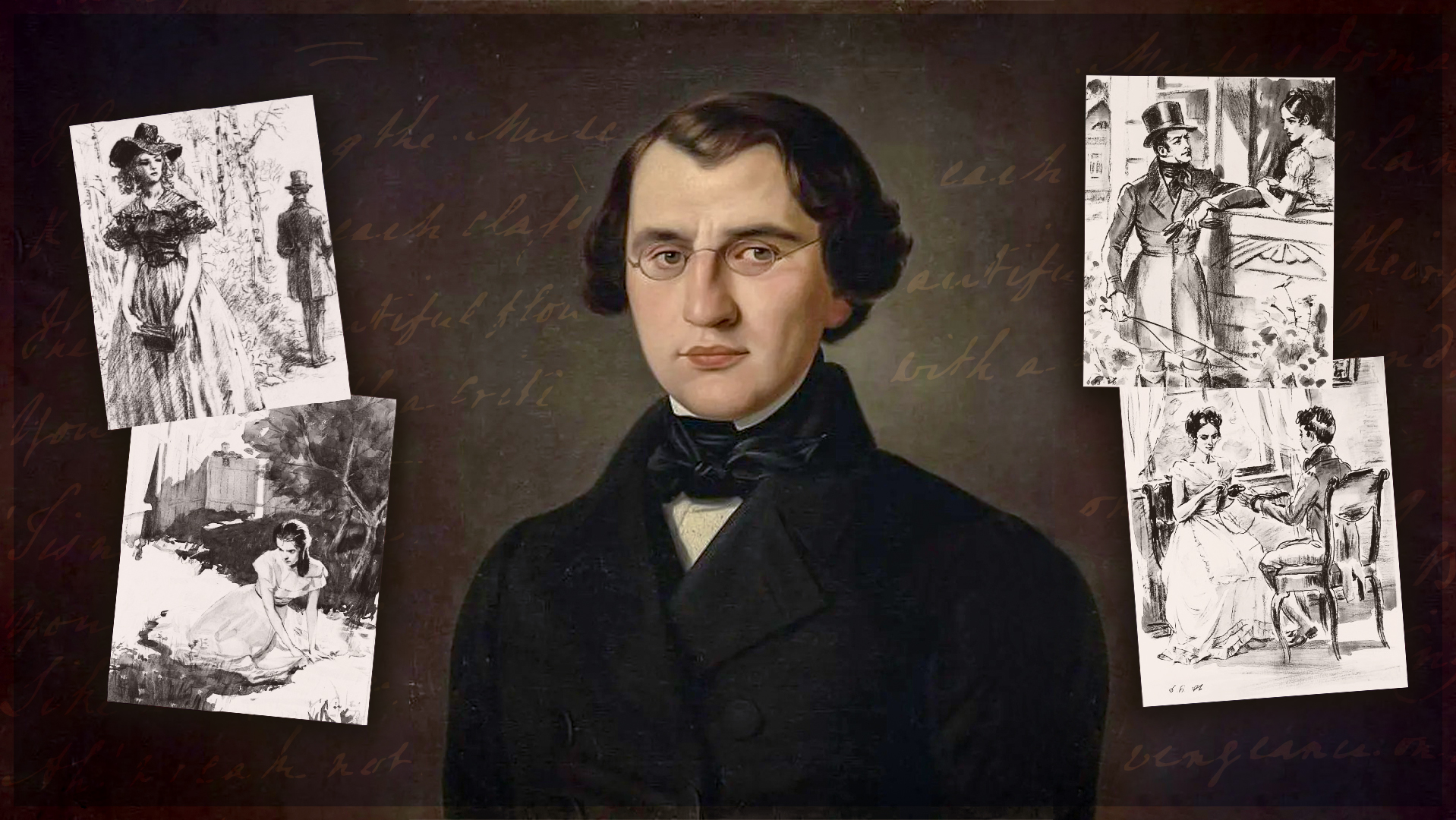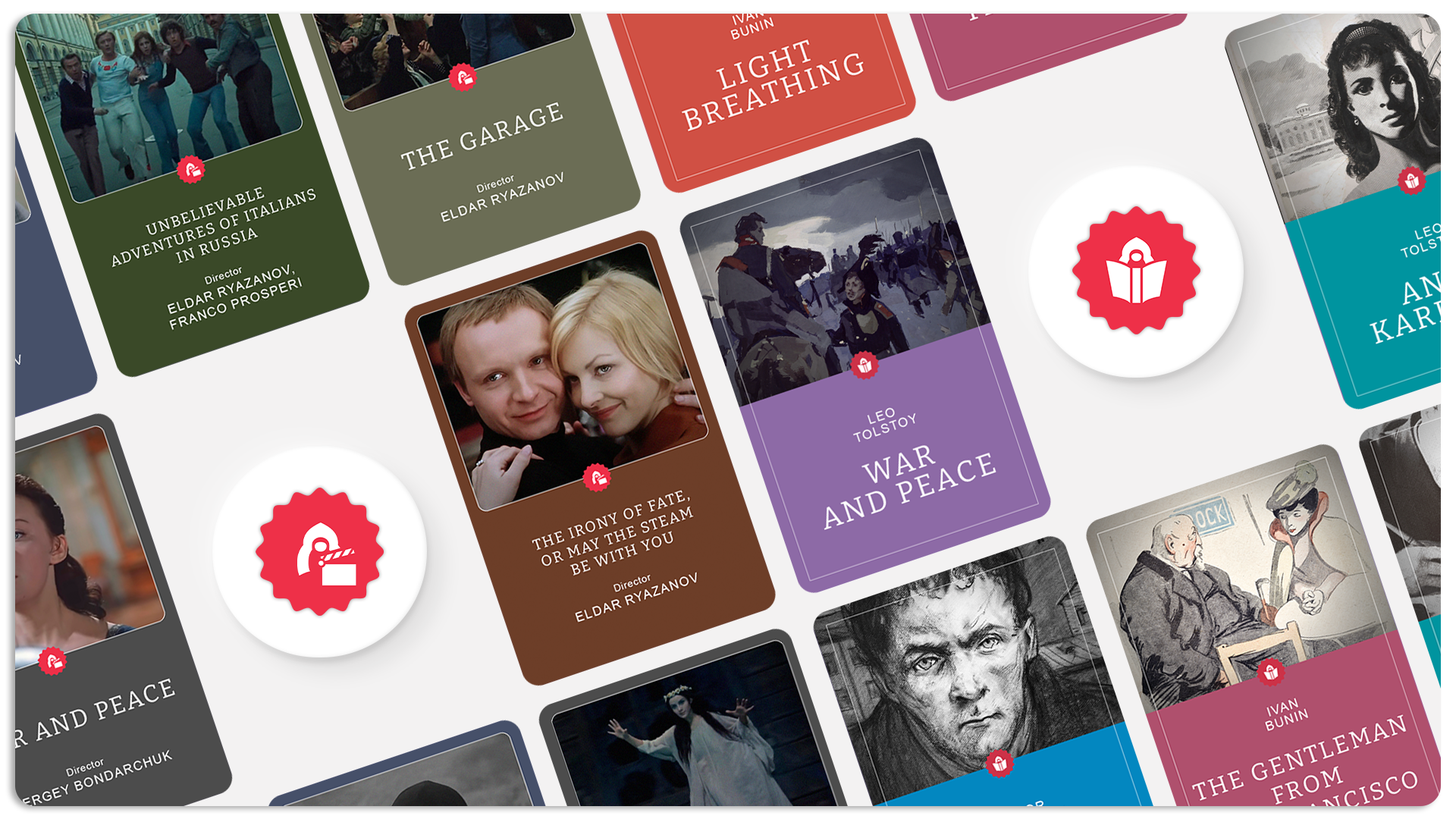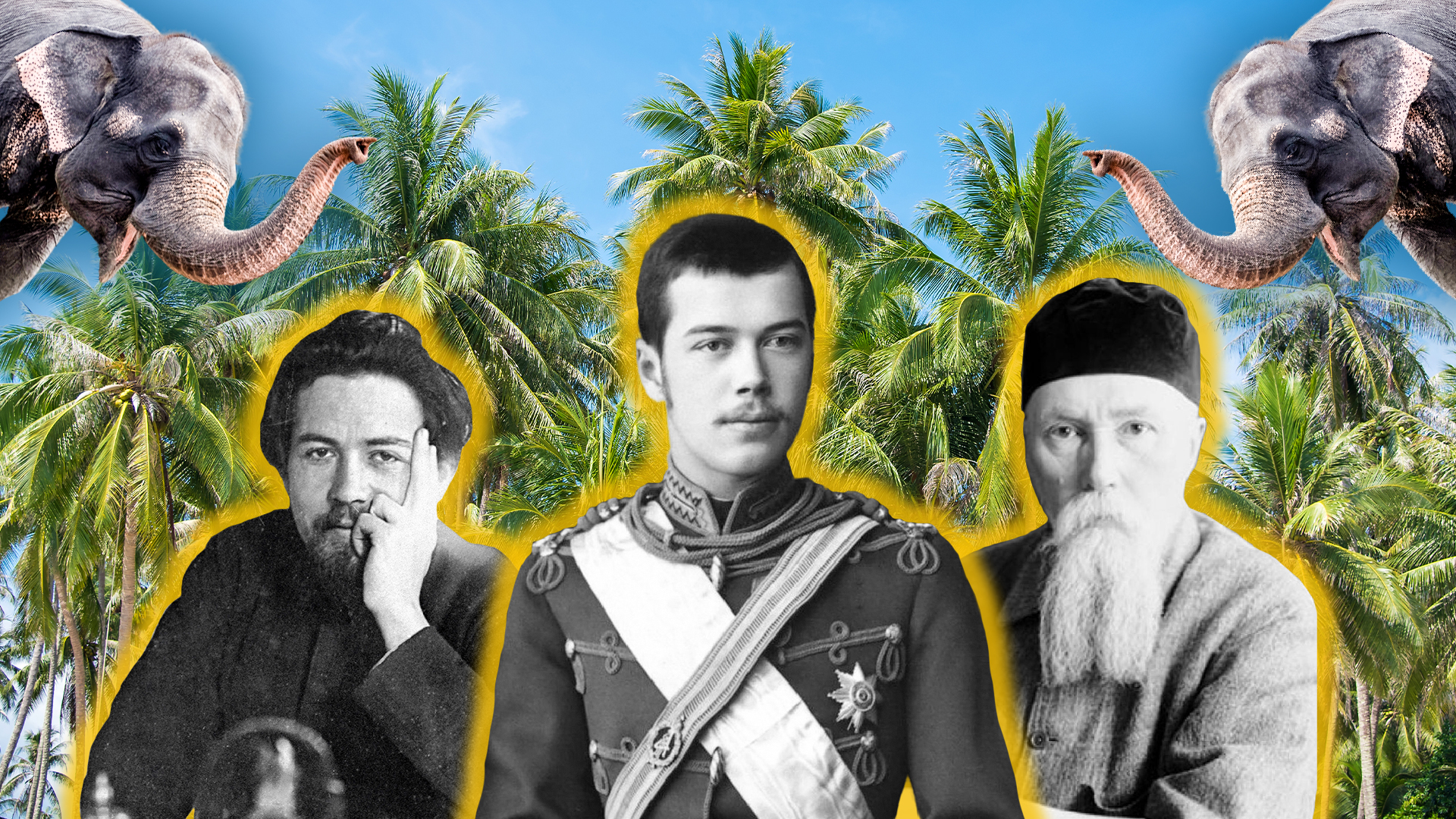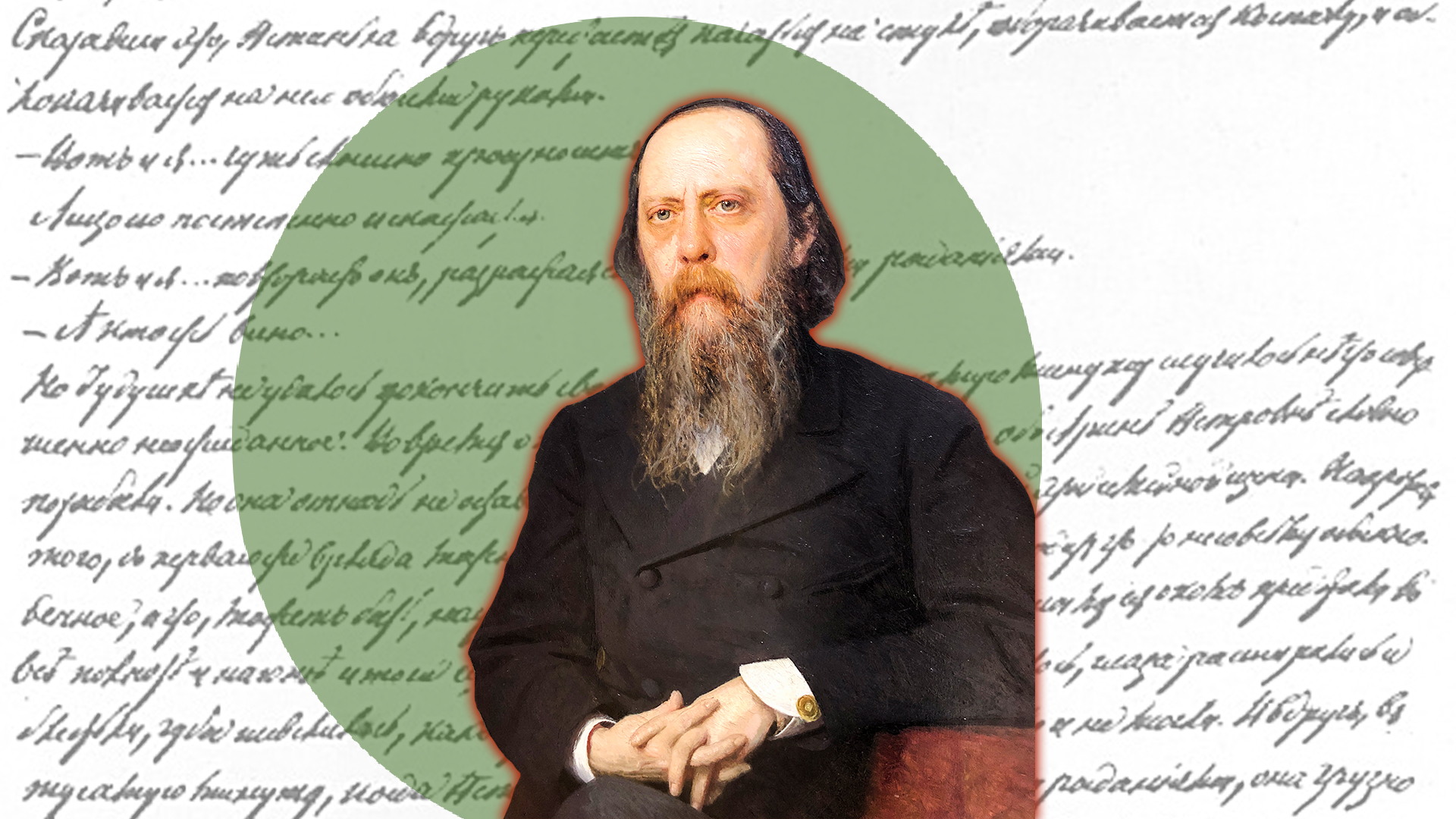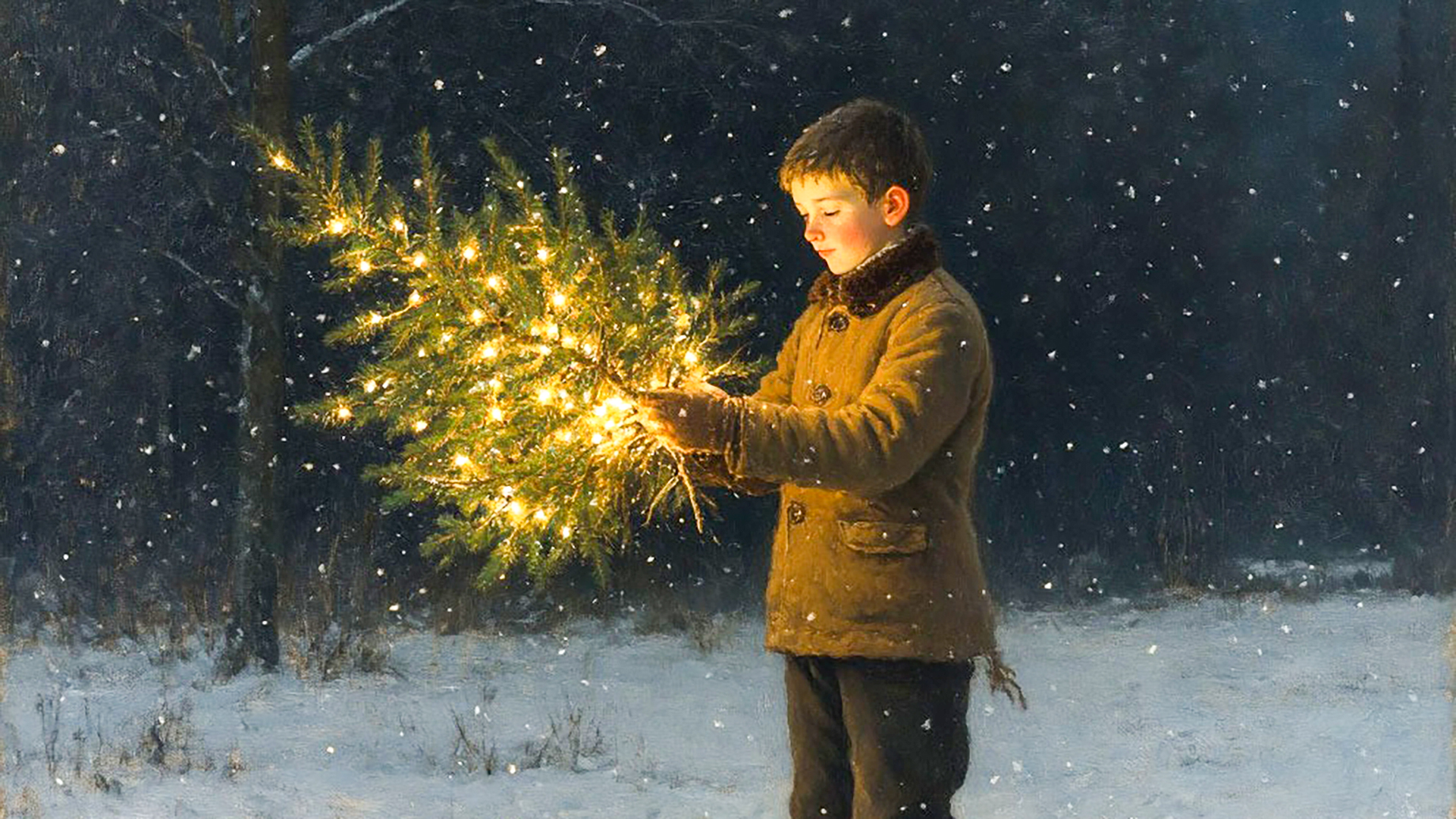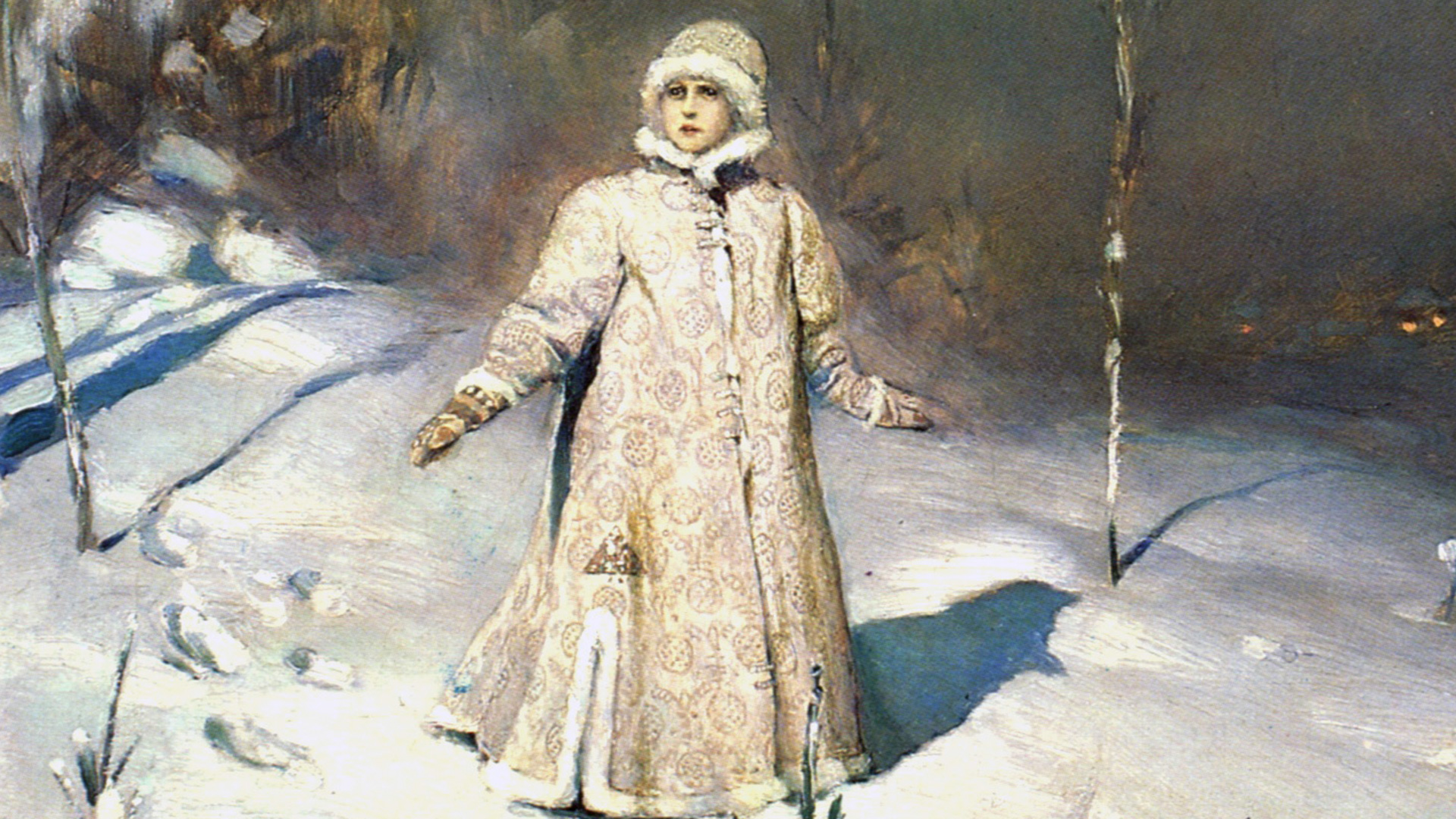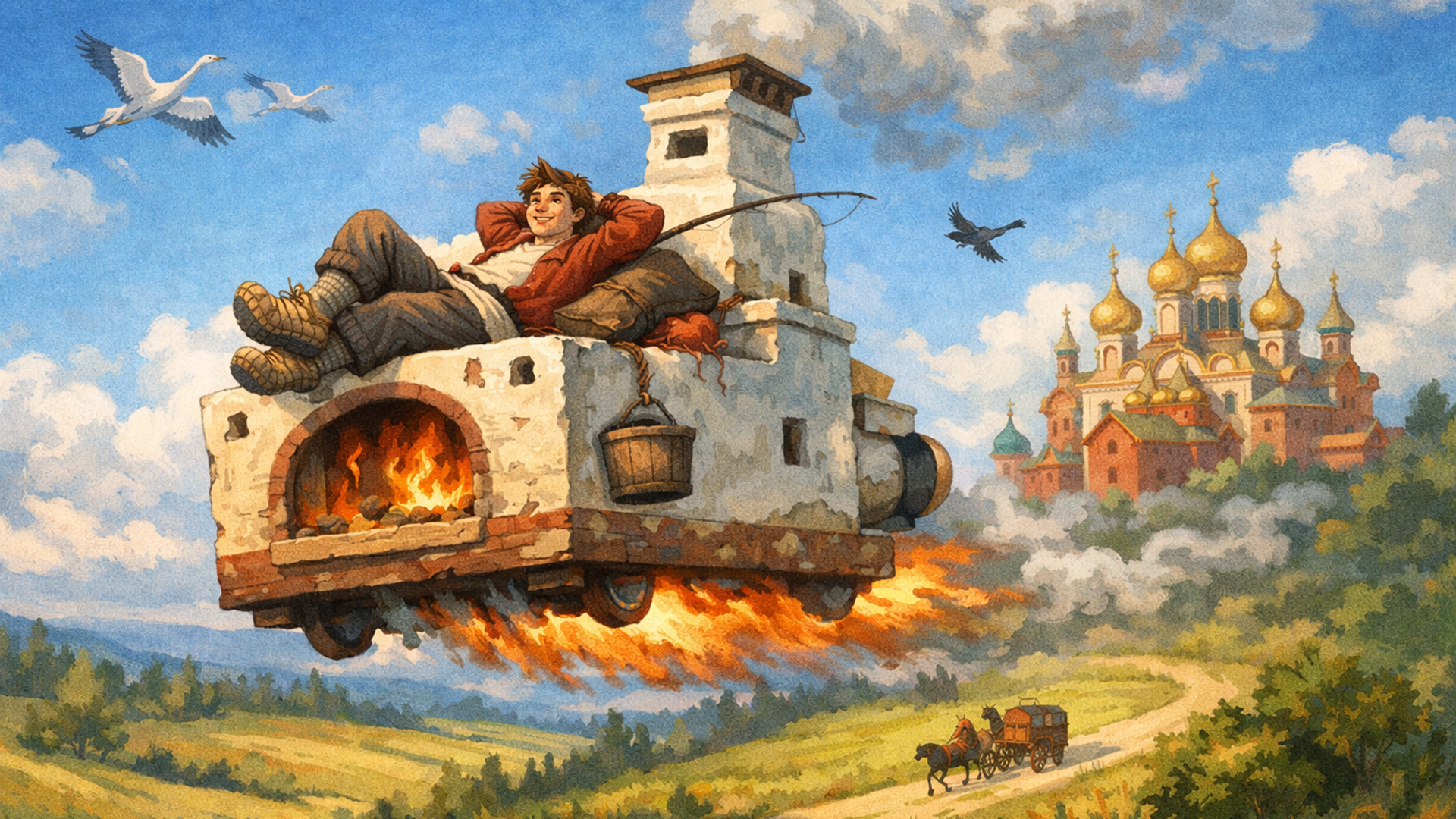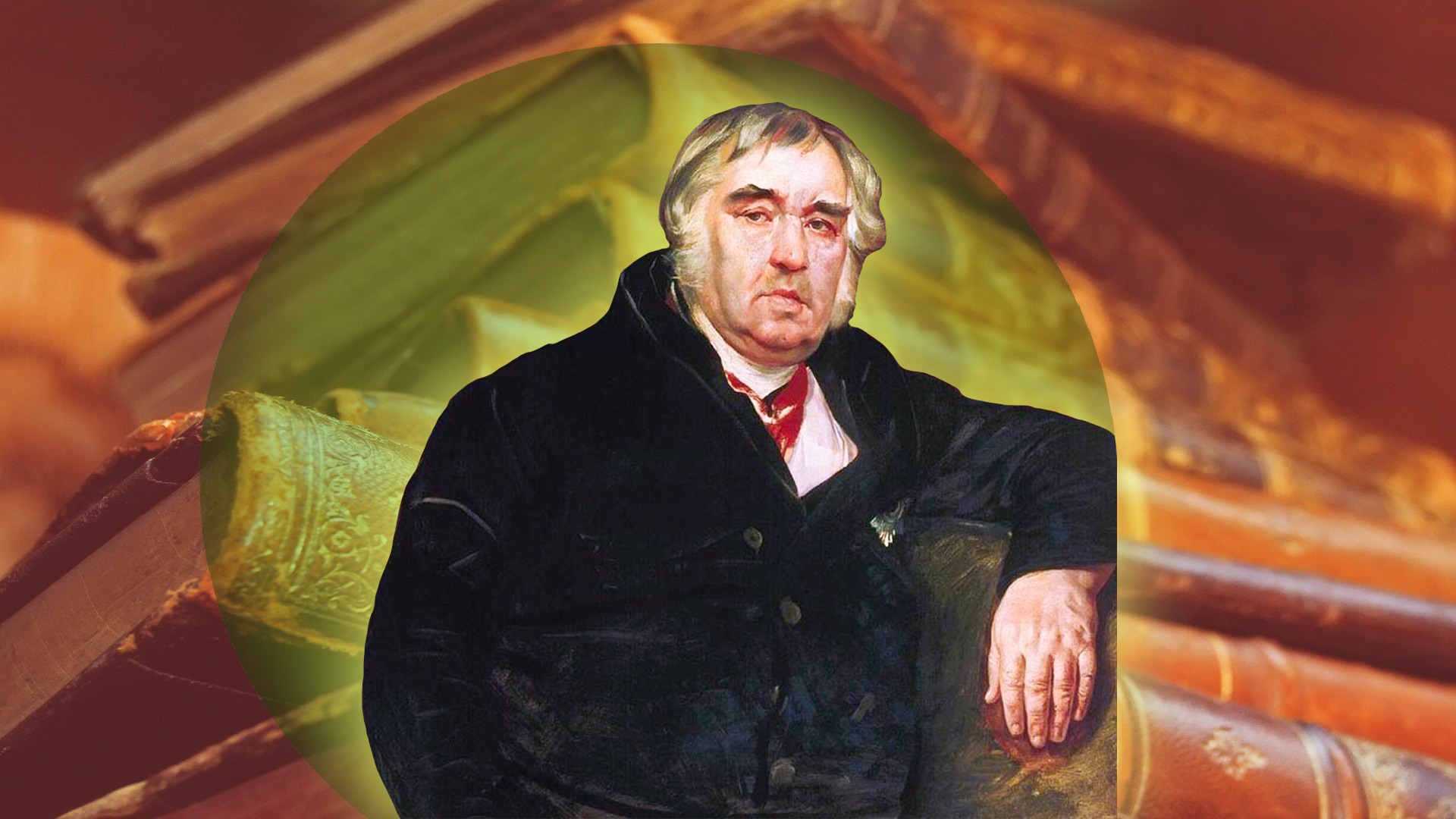
Lost in translation: How Russians translate from English
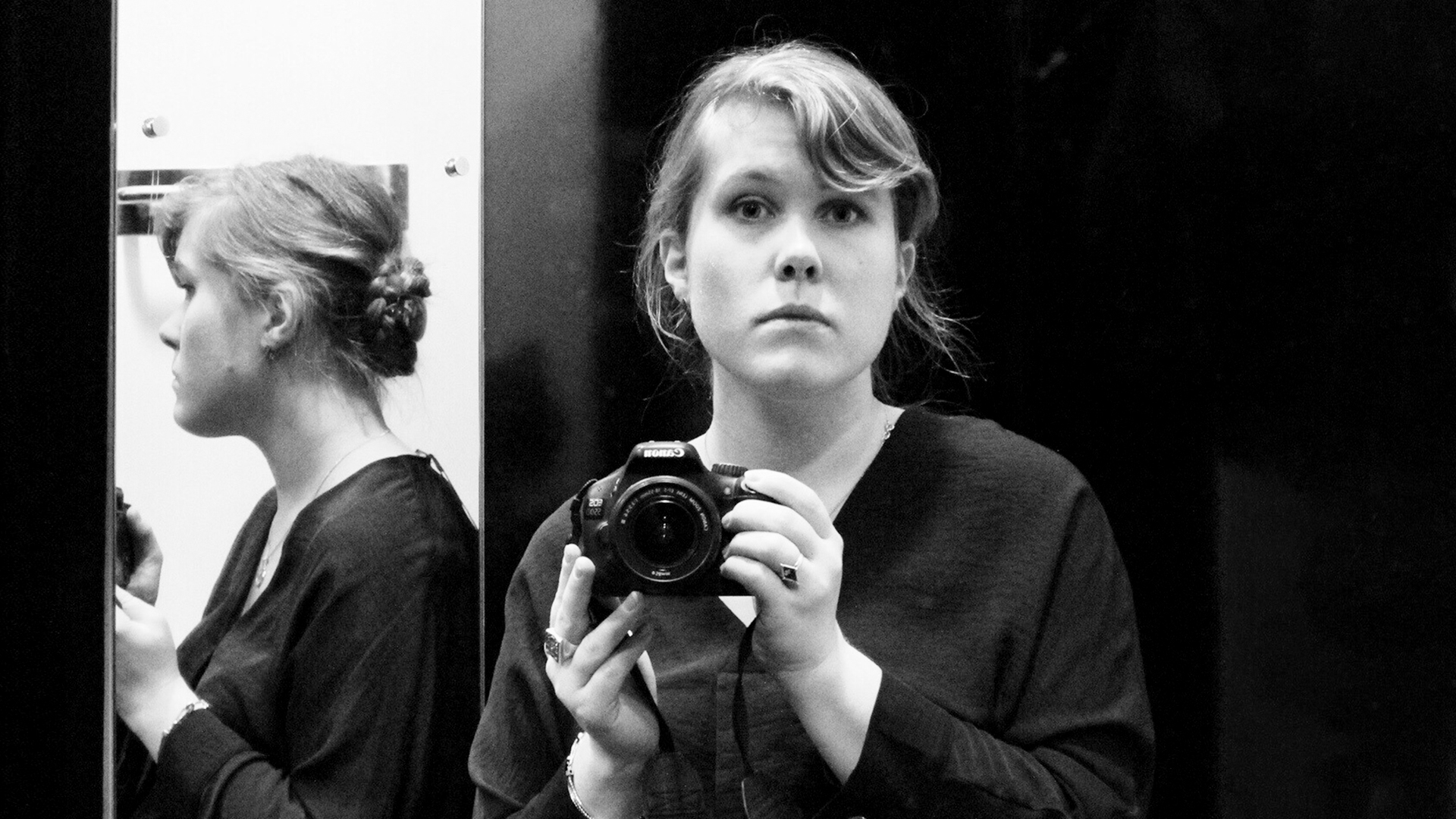
What are we translating?
“The main problem of translating from English to Russian and vice versa is that these languages have different means of expression. English is primarily strong in its vocabulary; it has words that require pages of explanation in dictionaries. That’s why it’s famous for its puns.
Russian words don’t have such ambiguity and depth. The main strength of Russian is its syntax. You can rearrange words in a sentence and the meaning and subtext will change. And since we’re translating meanings and impressions, not just words, a translator’s task is to convert lexical means of expression into syntactic ones. And this can be difficult!
Usually, translating English puns into Russian is successful, but I want to provide an example where it wasn’t quite right. I was translating John Banville’s novel ‘Chaos’, where one character nicknames another ‘Mefisto’, specifically with the letter ‘F’. It’s a play on words. In English, ‘fist’ is a fist, while, in German, ‘faust’ is a fist. So, the nickname combines ‘Faust’ and ‘Mephistopheles’. I translated it as ‘Mephistopheles’, because ‘Teufel’ is the German word for ‘devil’, but I couldn't fully convey all the meanings.
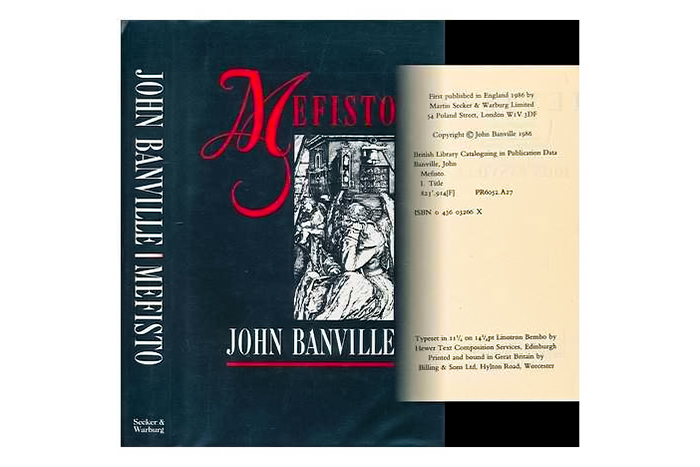
Our goal is to make the Russian reader laugh and cry where the English reader laughs and cries. And a translator can achieve this in many ways."
Free vs. literal Translation
"These are two camps that are in a perpetual war. And, depending on which camp you join, it can determine your entire future translation career: the circle you find yourself in, the translation tools you use and so on. But, even if we take Boris Pasternak and Mikhail Lozinsky, who are emblematic of these two camps, Pasternak doesn't completely rewrite Hamlet's monologues and Lozinsky doesn't translate word by word. They are both poets and they both use their personal talent and knowledge of the language in their works. They wanted to translate Hamlet and they did it the way they thought was necessary and right, as their inner sense of balance dictated.
“I really love the Moomin books [by Tove Janssen], especially ‘The Magic Winter’. In it, the Moomintrolls are taught to ski. And, at first, the translator also feels like a novice skier, who is struggling with some incomprehensible things on their way. It's like sliding down a mountain on your feet. However, after you've done it many times, you experience a feeling of flight. And this is the first step to becoming a true translator.
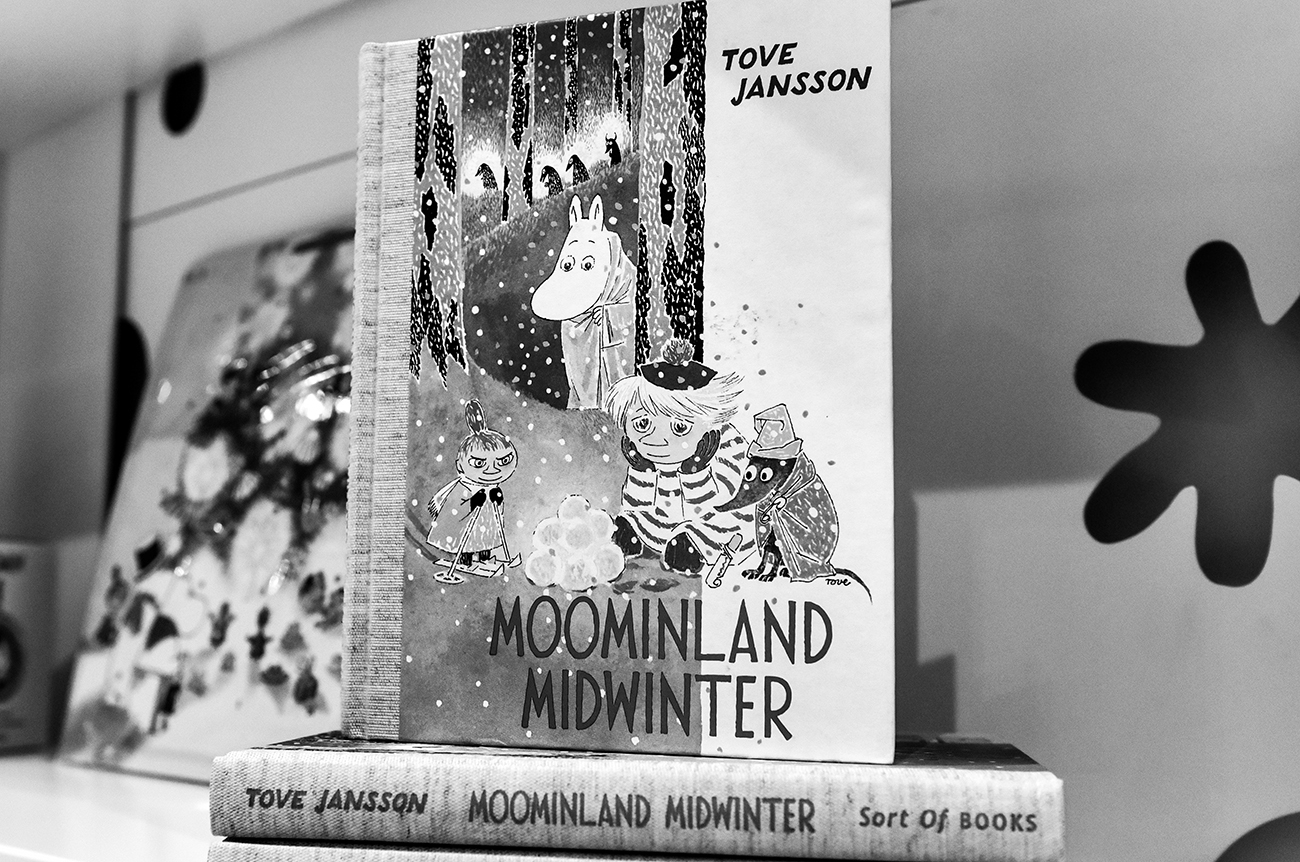
“I belong to the ‘Pasternakians’ camp – I've memorized his translation of ‘To be or not to be…’ since school. If you decide for yourself that the target language is more important than the original language and then bask in the incredible possibilities of the Russian language, work is more fun!"
How to translate swear words, slang, jokes & neologisms?
“In each specific case, you’re solving a specific problem. If a character swears, why do they do it? Are they trying to offend, hurt or, on the contrary, are they doing it affectionately? Russian suffixes and prefixes work wonders. You can add a diminutive suffix to a rude word and it becomes sort of less rude and more affectionate: ‘durak’ (‘fool’) – ‘durachok’ (also ‘fool’, but a diminutive version).
“Neologisms in both languages are invented for specific situations and can sound like anything. Slang, memes and political jokes quickly become outdated; there's nothing you can do about it. But, you can play with your political context.
“I recently translated Claude McKay's novel ‘Banjo’, about the black community in Marseille in the 1920s and 1930s. There, I regularly had to solve the problem of swearing and a very intricate one at that. I came up with the swear phrase: “Kokosovoe rylo” ("coconut snout") – I really like it!
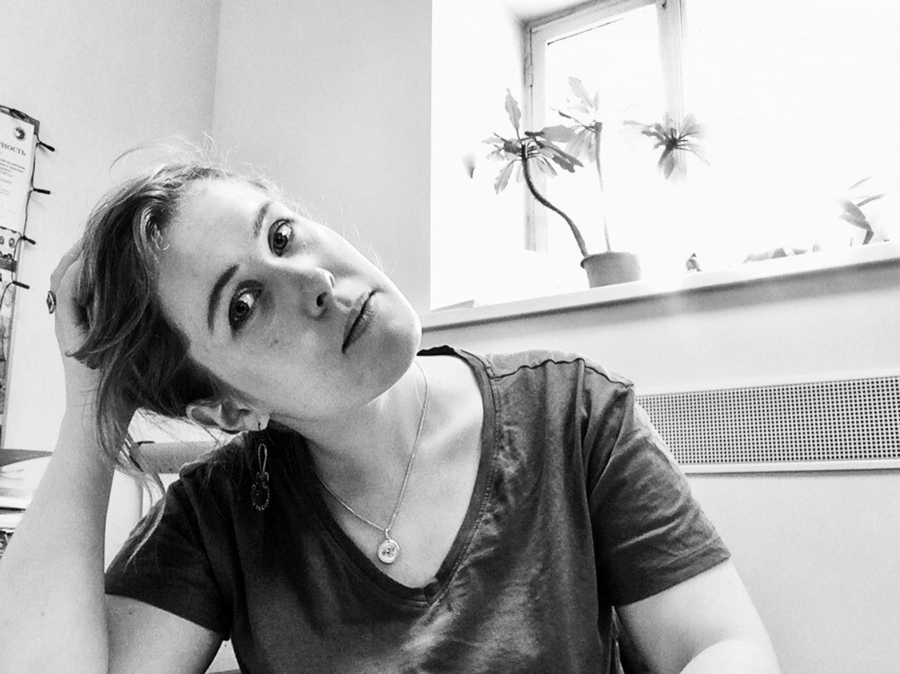
“In [Irish author] John Banville's 2022 novel ‘The Singularities’, the main character's surname is ‘Godley’, meaning the word ‘god’ is embedded in it. It's important that the character with this surname in the plot is a scientist whose discovery completely upends the universe, meaning he is, to a certain extent, the creator of a new world. You could call the character ‘Godley’ in Russian or you could call him ‘Bogley’.
Daria Sirotinskaya is coordinator of international programs at the Institute of Translation.


